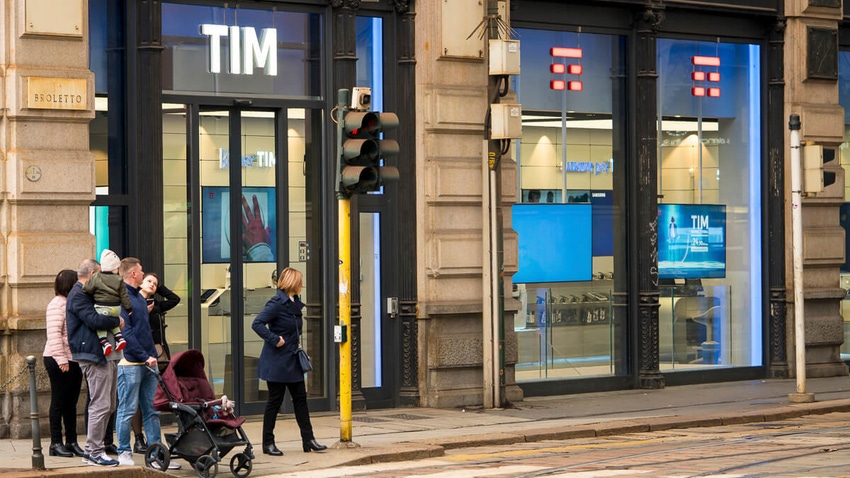
Pietro Labriola has managed to hang onto his job as CEO of Telecom Italia (TIM) for another three years, overcoming an attempt by disgruntled shareholders unhappy at his plan to remodel the company to steer him toward the exit. In a statement, Labriola said: "This is a new phase in a journey whose objective is to seize all the opportunities that will arise as the market evolves. Indeed, we're convinced of the need to provide the Company with a more robust financial structure, strategic options and a leaner organisation clearly focused on our business areas."
And in related news, Reuters reports that EU antitrust regulators have begun asking TIM's rivals whether they think KKR's proposed acquisition of the Italian operator's fixed-line network could be bad news for the competitiveness of Italy's wholesale telecom market.
The Global mobile Suppliers Association (GSA) says that satellites are becoming increasingly important in the world of cellular communication in general and 5G networks in particular, with the GSA having identified 77 publicly announced partnerships between operators and satellite vendors across 43 countries and territories by the end of March 2024. According to the GSA's new report, Non-Terrestrial 5G Networks and Satellite Connectivity, 50 operators in 37 countries and territories have planned satellite services, with nine operators in nine countries/territories currently evaluating, testing or trialling these. The GSA says that ten operators in ten countries/territories have now commercially launched satellite services, an increase of two operators since the previous update in August 2023.
Dutch operator KPN has produced a solid set of first-quarter results, with adjusted EBITDAal (earnings before interest, tax, depreciation and amortization, after leases) up 3.6% year-over-year, to €605 million (US$646 million), on adjusted revenues up 3.3%, to €1.37 billion ($1.46 billion). Wholesale service revenue was one of the few weak spots, its growth trend levelling off, mainly due to a decrease in low-margin interconnect revenues. Partly reflecting the closure of its Youfone acquisition in early April, KPN raised its full-year 2024 outlook, now predicting adjusted EBITDAal of approximately €2.5 billion ($2.67 billion) and free cash flow of more than €890 million ($951 million), while reiterating the outlook for group service revenue growth of approximately 3% and capex of approximately €1.2 billion ($1.28 billion).
Vorboss, a London-based business connectivity provider, has called on communications regulator Ofcom to introduce an automatic compensation scheme for business customers hit by fixed-line outages, adding that it plans to implement such a scheme for its own customers this month. According to its new research, Vorboss says the the UK economy has suffered a loss of approximately £17.6 billion ($21.8 billion) in economic output over the past 12 months due to connectivity outages, with the London economy alone accounting for around £5.7 billion ($7 billion) of this loss.
Swisscom is pushing deeper into the insurance game, with a new range of services including household contents and personal liability cover already in place and further products such as legal expenses insurance, travel insurance and motor vehicle insurance planned by the end of the year.
Eight in ten UK homes – 24 million – are now able to connect to gigabit-capable broadband, according to new Ofcom data. This represents an increase of 7% on the gigabit coverage figure recorded this time last year. Breaking it down further, full-fiber broadband was available to 62% of UK households as of January 2024, a significant increase from 48% the year before. The number of premises unable to get what Ofcom calls "decent" broadband (10 Mbit/s or more) fell from 61,000 to 57,000. On the mobile side, 92% of UK premises are now about to get a 5G signal outdoors from at least one mobile network operator, up from 82% in 2023.
Read more about:
EuropeAbout the Author(s)
You May Also Like












